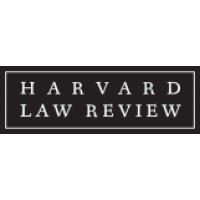
Our USA Magazine
A magazine that celebrates this diverse country and the magnanimous people who live here, from a very unique perspective - your own! It gives you, the reader, the opportunity to tell us your stories, display your photos, share your ideas and interests and really talk with one another. Our USA magazine will allow an intimate glimpse into each others lives through the shared experiences of laughter, tears and joy, revealing the warmth and strength of all its people. Each issue will display the natural beauty of this magnificent land as seen through the eyes of its readers, reflecting the reasons why we are so proud to call ourselves American!






